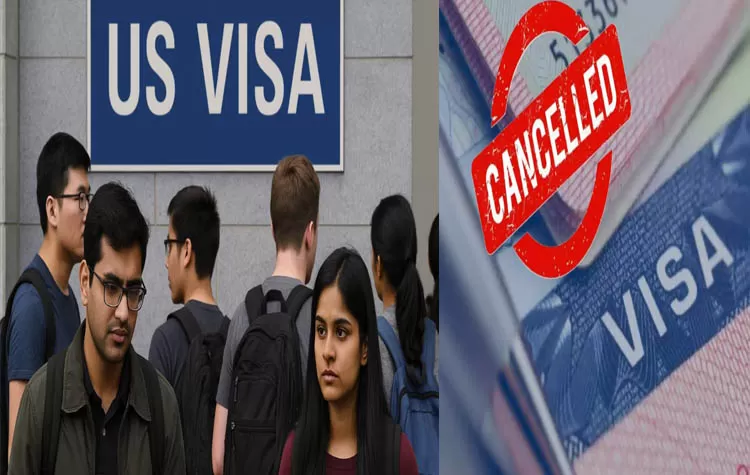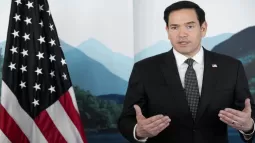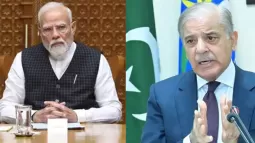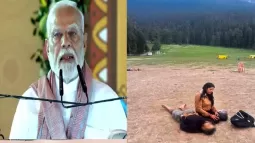
A US federal court has overturned the suspension of the enrollments of 133 foreign students, mostly Indians, amid rising criticism of student visas. The reversal comes following court appeals made by the students whose visa status was revoked by US authorities on dubious grounds, such as technical errors and algorithmic screening.
The decision highlights the prevailing visa enforcement measures being pursued by U.S. immigration agencies under the 'Catch and Revoke' scheme. The initiative, based on AI software for sifting the status and electronic record of visa recipients, had caused foreign students to be in a state of wholesale panic, the bulk of them seeking higher education in science, engineering, and allied streams under the Optional Practical Training program.
Court Action Reinstates SEVIS to Impacted Students
The judicial action occurs at a time when there is growing tension regarding U.S. immigration policy, this time targeting foreign students. The federal court ruling to reinstate SEVIS for 133 students means that the earlier cancellations of the visa were not legally sound. The majority of the students are Indian nationals who had been pursuing studies in the United States on valid F-1 visas. The abrupt cancellations of their visas caused alarm among educational and immigrant communities.
The case was in the spotlight as a result of the enforcement method. The students, without any criminal background, were targeted through algorithmic screening where they were picked based on identification for further investigation. The court maintained that such processes were not adequate to determine the revocation of their legal status and underscored having concrete evidence before cancelling student visas.
Visa Enforcement Techniques Under the Spotlight
Government authorities who defended the cancellations cited issues with frequent encounters between some students and law enforcement. Nonetheless, experts noted that none of the students engaged in criminal behavior. Immigration lawyers highlighted that the decisions did not dispense justice, and many students lost their status for administrative or non-criminal reasons, including traffic infractions.
Of these cancellations, there was one extremely controversial policy known as 'Catch and Revoke.' Implemented by U.S. Secretary of State Marco Rubio's leadership, the policy utilizes AI technologies to track student activities and social media presence. In accordance with its critics, this has resulted in over-policing and unjustified cancellations of student visas for people coming from nations such as India, China, Nepal, South Korea, and Bangladesh.
Impact on OPT Students and Career Paths
For the majority of Indian students, particularly those in STEM fields, the Optional Practical Training (OPT) program provides a vital window of opportunity to acquire work experience in the United States after graduation. It is a stepping stone to entering an H-1B work visa. This recent episode of visa cancellations has derailed such a path for hundreds of students.
Denial of OPT status is not just a loss of a job, it effectively eliminates their long-term opportunity to stay in the U.S. legally. Many students, who have invested time and monetary resources in education and professional development, now do not know their future in immigration. Reinstatement of SEVIS is short-term relief but does nothing to cure errors of bad enforcement of visa policy.
Fears About Arbitrary Cancellations of Visas
The American Immigration Lawyers Association has officially complained about the prevailing practice of cancelling student visas. The association has said that most students were penalized for trivial offenses, such as minor traffic offenses. In one well-publicized case, a student's visa was cancelled after a complaint of domestic violence, without charge or conviction.
Of the 327 student visas recently cancelled, only two of the cases involved any political activity, again testifying to the seemingly random nature of the cancellations. Immigration attorneys assert that the State Department has no discernible criteria, resulting in inconsistent and overly harsh judgments. This has triggered international students' fears of unjust targeting.














